6. Contagion (Steven Soderbergh, 2011)
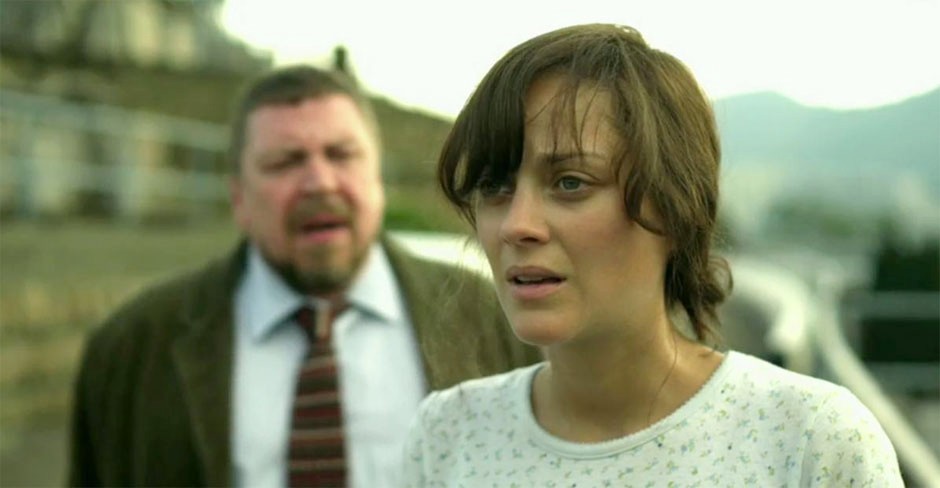
Soderbergh is really a master of cinematic efficiency. The consistency of his output does leave something to be desired sometimes, but it is very impressive just how often he manages to hit a home run, especially seeing as he works in so many different genres, with so many different actors and in so many different styles. His career is truly captivating, and towards the late 2000s he seemed to have a strong, sudden switch in his style from the fluffier, more friendly features he threw out in the early 2000s with the Oceans films giving way to these more disgruntled, even angry films that we are still getting now.
It all really started with The Girlfriend Experience, which received very little attention when it was released despite the quality of the film (one of his finest achievements! See it if you haven’t!), but Contagion was where it really dug its nails into modern mainstream cinema.
Contagion is a tension-based thriller surrounding an epidemic, like Outbreak but far more disturbing. Following the outbreak in a surprisingly convincing way, and showing a dynamic range of storylines – from everyday people trying to figure out how to survive with very little information on the illness starting to end the lives of all of those they love to the scientists working desperately on trying to find a way to slow down, and eventually stop the disease from spreading any further – in such a stunning way.
It’s a wonderful changing point in the style of one of the most radical directors currently working, a real stroke of magic, and yet many seemed to be quite against it – most likely because it was the establishment of a totally new direction for Steven Soderbergh, away from the smooth-gliding fun of Ocean’s 11 and into some truly dark and dingy subject matter presented in a frightening realistic way.
7. Pain and Gain (Michael Bay, 2013)
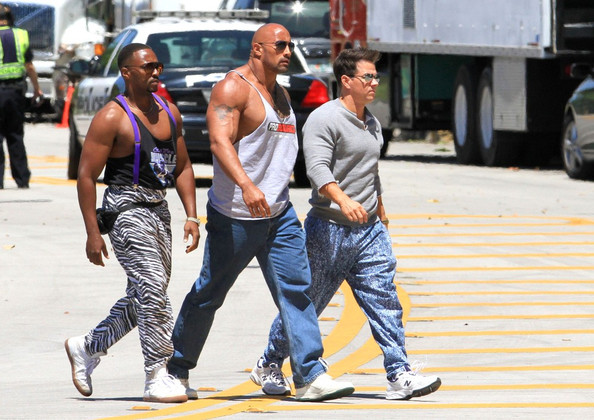
Okay, this is probably where a lot of you violently disagree, throw your computer across the room and swear never to read a Taste of Cinema list again… but hear this out: this film is totally fascinating, and the quality of the direction (and the morals… because, yikes) becomes entirely separate compared to just seeing how this turned out, and knowing that it comes from one of the most commercial directors of ALL time.
It’s just brilliant to be aware that in the same mind as the man who gives huge audiences the Transformers films and rakes in literal billions with each new release is this deranged degenerate who finds up-skirt shots of dead women (based on real people, no less!) funny… it’s just baffling, and this kind of intrigue comes around so rarely that, when it finally does rear its rather ugly head, it’s the kind of thing where you don’t want to look, but something inside you forces your head to look straight at the beast.
It’s a film with such pacing, such meat-headed performances from some… surprisingly talented slapstick performances from The Rock (yes, really!) and Mark Wahlberg, such extreme cinematography that it could only be made by a capitalist juggernaut… but also with such a brutally undercutting satirical edge (even if, at times, it treads the line between being satire and being outright terrible a little too closely, and stumbles over) that it could only come from some incredibly anger underground director.
As has been said above… it’s baffling to say the least, but absolutely worth the time it takes as it is ferociously entertaining even if far from infallible. Few films this interesting exist right now.
8. Cosmopolis (David Cronenberg, 2012)
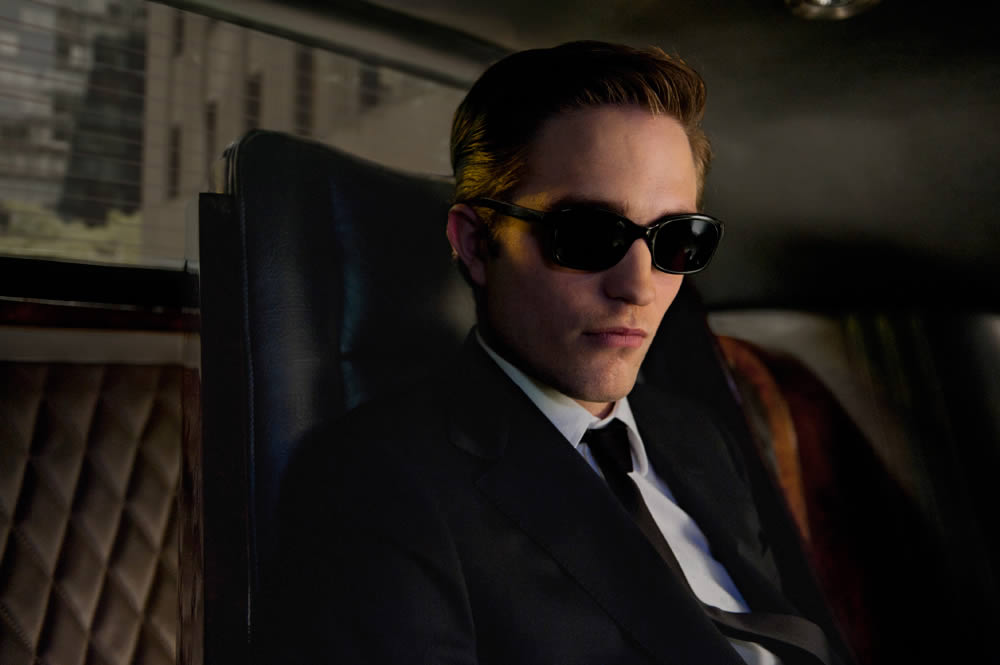
It’s really not a great surprise that a film adaptation of a Don DeLillo book has started to become a cult favourite, and even less surprisingly when you take into account that this film was helmed by one of the masters of cult movies, David Cronenberg, however, Cosmopolis has taken seven years to flourish, and even now it remains one of the more controversial films of recent memory, with audiences mostly falling on either side of adoring the film and finding it a fascinating, intelligent work and other people genuinely saying that they couldn’t finish it, or that they wish they could have died in the middle so that they could avoid seeing the rest.
Any film able to conjure up thoughts so extreme have to be worth seeing, right? And so, in this case Cosmopolis’ notoriety in cult film circles has actually helped it quite a bit in finding an audience, as so many people are willing to give it a try, and who wouldn’t with a cast featuring Robert Pattinson, Samantha Morton, Juliette Binoche and Paul Giamatti (just to name a few) with David Cronenberg instructing all of them? It sounds like a dream, right?
But the intentionally rigid acting and incredibly dry humour in the dialogue were bound to put some people off, as is this unhinged portrayal of the future that is just hopeless, as is Pattinson’s smarmy, despicable billionaire character, and this is where Cosmopolis starts to fall apart, or come together depending on which side of the film you land on.
It’s a gorgeously shot film, undeniably, and one with… impressive performances, and committed ones whether you like it or not, but the rest of the film is such an exercise in a specific, particularly alienating style that watching the film is much like tossing a coin when playing heads or tails. It’s a total gamble of a film, and this is likely why a lot of people are so excited to give it a go. The cult following is gradually picking up, but it is yet to become an established cult favourite.
9. Hereafter (Clint Eastwood, 2010)
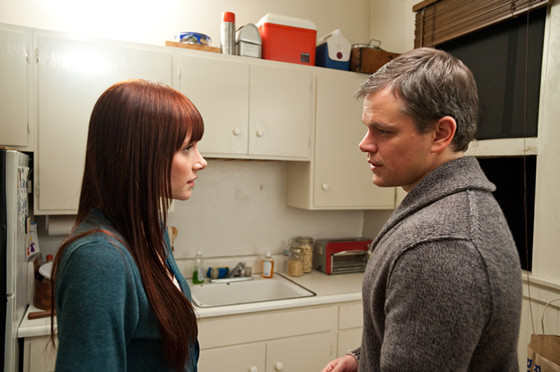
Surprisingly, this list has largely avoided the polarising cases when a director tries out something entirely different to the rest of their work, or at least, they try something entirely different to what is typically associated with how they work, so here is one just to get the balance right.
Clint Eastwood is a man obviously known for his infamous political opinions, for talking to an empty chair once and mostly for his grizzled Man with No Name character from Sergio Leone’s classic 60s western trilogy… or as the racist from Gran Torino, but in 2010 with Hereafter, he decided to leave his consistently Oscar winning dramas and make, wait for it, a sprawling drama about the afterlife. This is not a joke.
And the bigger surprise is that… it’s kind of amazing! As a fan of these kinds of strange films wherein multiple stories at first detached gradually come together through some butterfly effect wizardry, it’s a real blast, helped along by this free-wheeling, guileless direction from Clint (a complete change of pace for Eastwood – his camera usually has a certain weight to it, but here it simply floats around, it really is stunning) and Matt Damon’s shockingly grounded performance as a man with the ability to see the future… or more, his mind forcing him to see the future whether he wants to or not. It sounds absolutely ridiculous, ludicrous even, but somehow it works so well, and creates such a beautiful, gentle hug of a movie.
Even as writing, it’s a struggle to type out that Eastwood actually helmed this without an instinctive need to change it. And yet, it slipped under the radar, and those who did see it were completely split on it. It’s not difficult to see why – not only is it a strange film, but coming from Eastwood it is utterly bizarre – but it’s still a real shame that such a bold and wondrous film couldn’t spread its wings in the way that it really deserves to.
10. Public Enemies (Michael Mann, 2009)
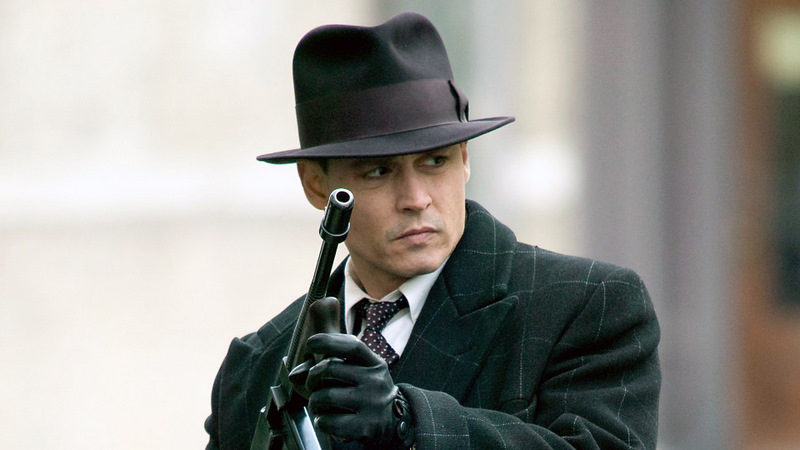
Michael Mann has been changing the face of digital cinema since first blasting onto the scene in 2006 with what may be his masterpiece, Miami Vice, and in 2009, he decided to take his digital antics to another fascinating level by taking the modernism placed on a film by the use of these digital cameras and then juxtaposing it directly with the placement of a period crime drama.
This isn’t the only incredibly bold move made though – he also cast Johnny Depp of all people in the leading role as John Dillinger, and then proceeded to make him the heart and soul of the film, somehow managing to squeeze out a truly tragic performance from… not exactly the greatest or most beloved actor when it comes to more serious roles.
Miraculously managing to balance the film out by casting a talent as strong as Marion Cotillard to star alongside Depp, Mann is able to develop one of the most memorable depictions of a gangster in any film, especially compared to the often limp and totally lacking in any kind of bite gangster films of recent memory, by using the same kind of flip he did in Miami Vice.
Mann is a master of characterisation – a complete genius on the subject – and here he takes the typically vilified gangster and turns the tables completely, turning Depp’s Dillinger into one of the most sorrowful and piteous of all of crime cinemas’ characters, a man so desperate to be loved (in his giving away of so many things, he is a Robin Hood if ever there was… in this portrayal, at least) and accepted, but having to constantly face the idea that he doesn’t deserve to be so much as liked in the eyes of almost everyone who has heard his name.
It’s a heartbreaking film, and one that was clearly doomed when it was confined in the eyes of so many audience members to the box of typical gangster crime drama, as so many assumed the worst and therefore missed the best.